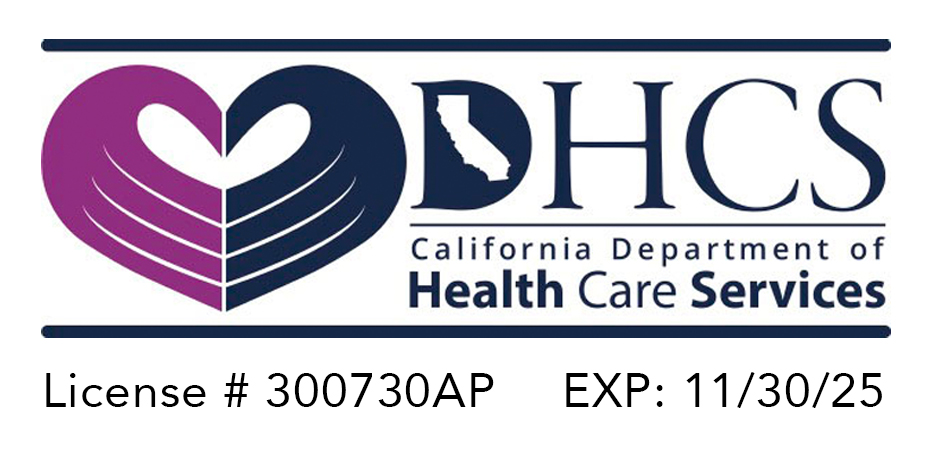Taking the steps toward a happier, healthier future in recovery can be challenging. Not only does the detox process take a toll on the body, but many people also struggle to learn the root cause of their addiction and how to manage it with healthy coping skills. An inpatient addiction treatment program is a crucial step to the successful recovery of many people. In these programs, they learn how to recognize triggers and keep their urges to use drugs or alcohol under control. These programs also offer a safe space where they can focus on their recovery without the distractions of daily life, including those which may have triggered them to use in the first place.
An inpatient addiction treatment program is one of the cornerstones of addiction treatment at Christopher Care. We understand how easily addiction can take over your life or the life of someone you love and how hard it can be to learn the skills for sobriety. We also know that recovery is possible. Our addiction treatment centers are the country’s premier medical detox and residential treatment facilities. Whether you’re struggling to overcome a drug or alcohol addiction, you’ll find hope and help during a time in which it’s easy to feel overwhelmed.
The Benefits of Inpatient Drug and Alcohol Rehab
There are many benefits to completing an inpatient addiction treatment program, including:
- Learning how to manage your addiction
- Gaining insight into the root cause of your addiction
- Developing healthy coping skills
- Building a support system of fellow recovering addicts
- Having more time to focus on your recovery without the distractions of daily life
If you are struggling with an addiction, we encourage you to reach out for help. A n inpatient addiction treatment program can be the first step on the road to recovery.
Starting an Inpatient Addiction Treatment Program
The first step in starting an inpatient addiction treatment program is to undergo detoxification, or detox, under the care of a medical professional. This process helps the body rid itself of any harmful substances and prepares you for the next stage of treatment.
After you have completed detox, you will begin therapy and other treatments designed to help you understand your addiction and how to manage it. These may include individual therapy, group therapy, and family therapy. In addition, you will learn about healthy coping skills, such as exercise and nutrition, that can help you in recovery.
If you are ready to start your journey to recovery, we’re here to help

